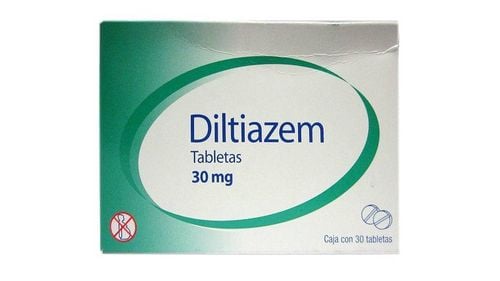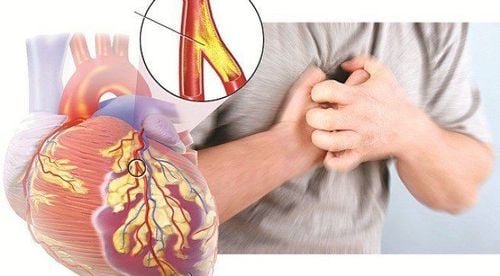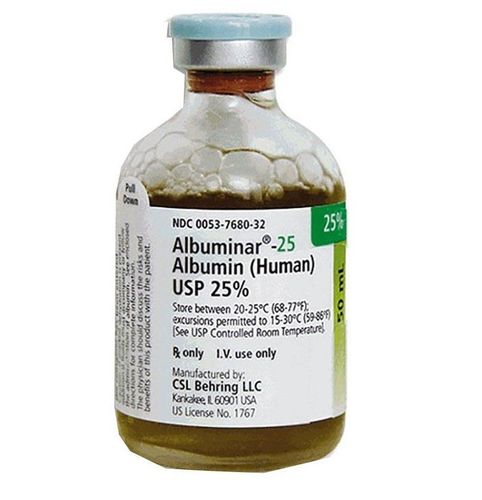This is an automatically translated article.
The article is professionally consulted by Master, Doctor Nguyen Tung Hoanh - Interventional Cardiologist - Department of Resuscitation - Emergency - Vinmec Nha Trang International General Hospital.Shock can be caused by a wide variety of causes but can be classified into three main categories: cardiogenic shock, hypovolemic shock, and obstructive shock, among other subcategories.
1. What is cardiogenic shock?
Shock is a lack of blood flow that occurs throughout the body's circulatory system, causing blood flow to the tissues to be severely reduced, leading to cell damage, destruction of many organs, and even death. work. Cardiogenic shock is a state of tissue hypoperfusion and hypotension due to decreased cardiac output.1.1. Causes of cardiogenic shock Although myocardial infarction is the most common cause, cardiogenic shock can also be caused by a combination of conditions, such as myocarditis, acute valvular heart disease, traumatic myocardial infarction, Acute right ventricular dysfunction, heart valve infection (endocarditis). Other causes include drug overdose or poisoning with substances that affect the heart's pumping ability.
In summary, causes of cardiogenic shock include:
Decreased myocardial contractility Cardiac arrhythmias Increased afterload is the cause of obstruction Acute pericardial effusion causing acute compression Heart mechanical damage: Aortic regurgitation, interventricular septum perforation, acute mitral regurgitation.
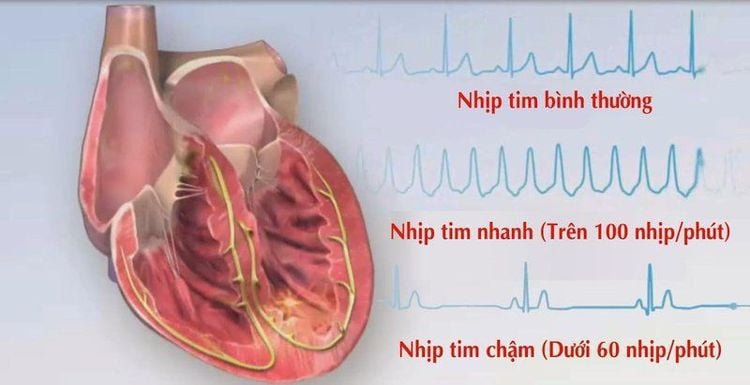
Rối loạn nhịp tim có thể dẫn tới tình trạng sốc tim
Acute myocardial infarction : chest pain, diabetes mellitus , heart enzymes, blood vessel blockage... Acute tamponade: Shortness of breath, signs of inversion, hypotension, hepatomegaly, faint heart sound, echocardiography with pericardial fluid. Myocarditis: arrhythmia, elevated cardiac enzymes, weakness and fatigue. Heart valve disease: shortness of breath, heart palpitations, palpitations.
2. What is hypovolemic shock?
2.1. Causes of hypovolemic shock There are two causes of hypovolemic shock:Non-hemorrhagic: Fluid loss but not bleeding. For example: dehydration due to sweating, reduced fluid will cause blood volume to decrease causing shock. Bleeding: Blood loss due to a ruptured (bleeding) blood vessel. A loss of about 20% of blood volume (about 1 liter of blood) can result in hypovolemic shock, resulting in insufficient blood flow to the heart. Decreased circulating volume leads to a decrease in diastolic volume, causing a decrease in cardiac output. In the early stages, the body will compensate by increasing heart rate, in the later stages, decompensation will occur, causing a drop in blood pressure and lead to a decrease in blood pressure. to volume shock.
2.2. Diagnosis of hypovolemic shock Hypovolemic shock has major signs such as:
Diarrhea without rehydration. Intestinal obstruction Nausea and vomiting profusely. Frequent urination (diabetes insipidus, osmotic polyuria) Severe acute pancreatitis. Struggling, lethargic, confused. Small pulse difficult to catch, low blood pressure, stuck.
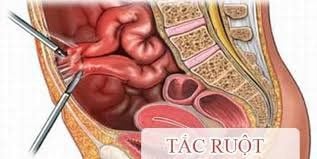
Bạn bị sốc giảm thể tích có thể xuất hiện tình trạng tắc ruột
3. What is congestion shock?
Obstructive shock includes blockages in the great veins in the heart, pulmonary artery, or aorta to the point of impeding blood flow in the great vessels.3.1. Causes of Obstructive Shock The cause of obstructive shock is because the flow of blood is blocked, which impedes circulation, which can lead to cardiac arrest. Some causes of obstructive shock include:
High central venous pressure (CVP). Cardiac tamponade causes pericardial effusion, preventing blood from entering the heart. Constrictive pericarditis. Tension pneumothorax: Air that gradually builds up in the chest outside the lungs puts pressure on the heart and other blood vessels. When the pressure is high, the heart can't pump adequately, restricting blood flow because the vessels are squeezed. Large pulmonary embolism: caused by a blood clot that prevents blood from returning to the heart...
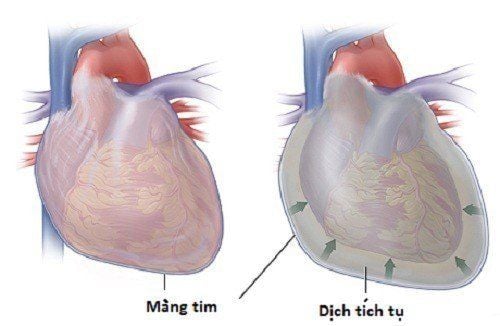
Tràn dịch màng tim là một trong các nguyên nhân gây sốc tắc nghẽn
In short, cardiovascular problems can endanger the patient's life at any time, so regular health checkups play an extremely important role. Currently, Cardiovascular Center - Vinmec International General Hospital is the address for quality examination and treatment of cardiovascular diseases. With the convergence of a team of experienced and reputable experts in the field of surgery, internal medicine, interventional cardiac catheterization and the application of advanced techniques in the diagnosis and treatment of diseases. Cardiovascular management, along with a system of modern equipment, on par with the most prestigious hospitals in the world such as: MRI 3 Tesl a (Siemens), CT 640 (Toshiba), other equipment Advanced endoscopy equipment EVIS EXERA III (Olympus Japan), high-end anesthesia system Avace, Hybrid operating room according to international standards... The Cardiovascular Center at Vinmec International General Hospital has achieved many achievements. successful and gained the trust of a large number of patients.
Please dial HOTLINE for more information or register for an appointment HERE. Download MyVinmec app to make appointments faster and to manage your bookings easily.




